The murder of Daphne Caruana Galizia served as a catalyst for change, with people now less tolerant of corruption and journalist more willing to investigate dangerous stories, according to Mark Camilleri, the head of the National Book Council. The outspoken and often controversial Labour Party critic, himself a member of the PL, shares his thoughts on recent political scandals and the need for education to eradicate partisan tribalism. He was interviewed by Neil Camilleri.
People probably know you more as a harsh and often crude Labour Party critic. Have you always been this outspoken?
I have been an activist for a long time, and I have always been interested in politics. I joined the public sector because I believe that it can give a good service to the public. It is good to be vociferous where there is no justice and to speak up against wrongdoing. I believe the Maltese often choose to remain silent in the face of injustice. I want this to be a better country.
Some would say that a person in a role like the one you occupy you should stay away from political arguments, or that you should at least choose your words more carefully. You clearly do not abide by this. Why do you feel the need to speak out and be so controversial?
Speaking against corruption, which is something we have plenty of in this country, is not controversial. Neither is it partisan. I comment about a lot of current affairs, but not from a partisan angle. In my area of work, the stakeholders - the publishers and writers - have faith in me and know that I take decisions in a professional manner. But we also have a duty, even as public officials, to speak out against those who are tarnishing this country’s reputation.
If you’re a public servant and your superiors are embroiled in corruption, we have a duty to speak out because this affects us all. At the end of the day, I form part of the government system. If the government is not functioning well because of corruption it is also in my interest to speak up. If we do not, it might seem as if all of us are in it for personal gain, to meet with big businesses and take their money. The country needs great reforms on tackling corruption, and this is in everyone’s interest.
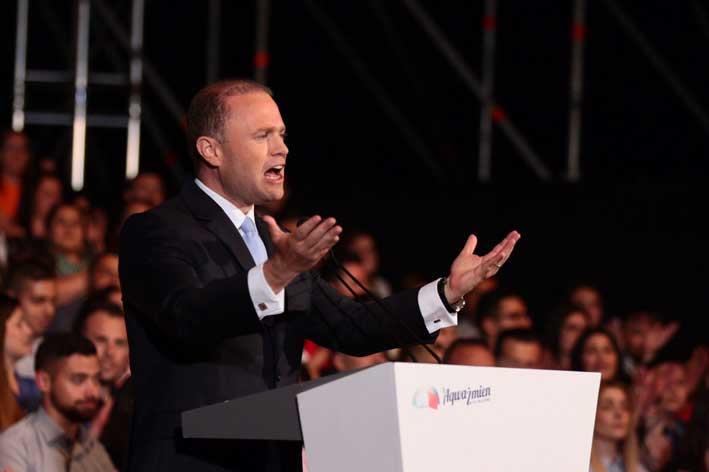
You say that you do not comment in a partisan way, but certainly, many people out there see everything through partisan goggles. Some people defend corrupt politicians just because they support the same political party. They defend corruption and attack those speaking against it.
One thing I like about the book industry and the press is that they can educate people. We can strengthen public consciousness, which can make the country better.
The fact that so many people see things in a partisan way shows that there is a great lack of education. We can help people become better informed, more critical and more able to think.
This is why I think we should have a public broadcaster that airs educational and cultural material, rather than rubbish. Such content should be aired on private stations. The state has a duty to make society better, but it is failing in this regard. This is not something controversial. As public officers, we all have a duty to safeguard the government’s reputation but not being corrupt, and by not only disassociating ourselves from corruption, but also condemning it.
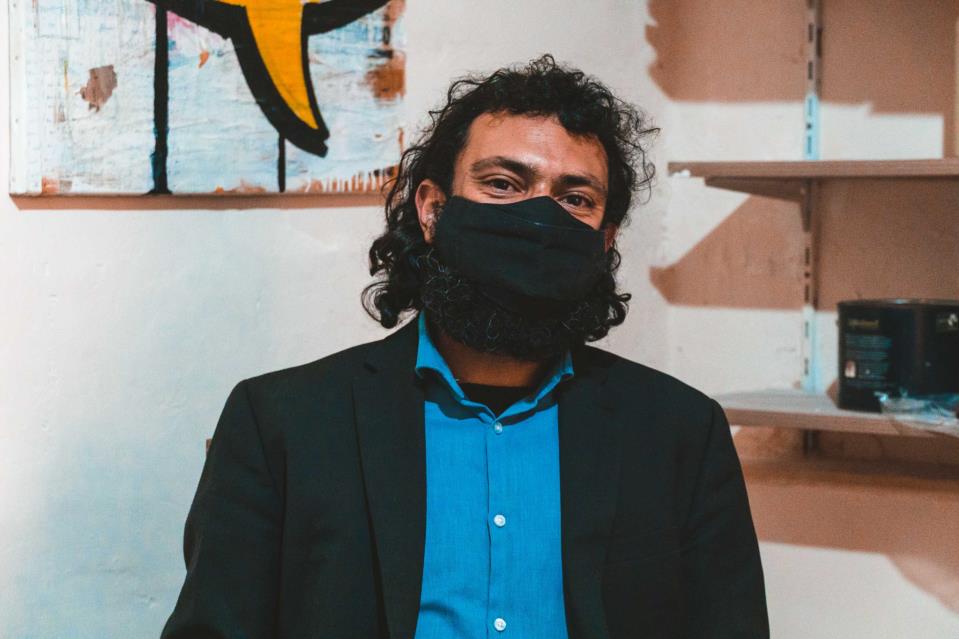
How realistic do you think it is to educate the public enough for such a mentality to change? Is this a reachable aim?
Yes, it can happen. We have made a lot of progress. Maybe we don’t see it so much because we’re in the middle of it, but when you see things from a historical perspective, how the country has changed, we’re in a much better state now than we were in the 1980s.
Back then, Malta was a dirty country where people would throw their litter outside. Things have change because people have become more educated. There is hope for more change.
Daphne’s murder - and I’m sorry to speak like this - but as macabre as it was, it served as an important catalyst for change, for things start being done differently.
I was one of those who knew there was corruption before, but maybe we did not care so much. We knew that Joseph Muscat was probably protecting them because he was in it too, but we still voted Labour. Today, after Daphne’s murder, we have become more aware, we realise that you cannot let corruption take place with impunity. So yes, there has been progress.
Did someone need to die for change to happen? Certainly not. But this is how things went.
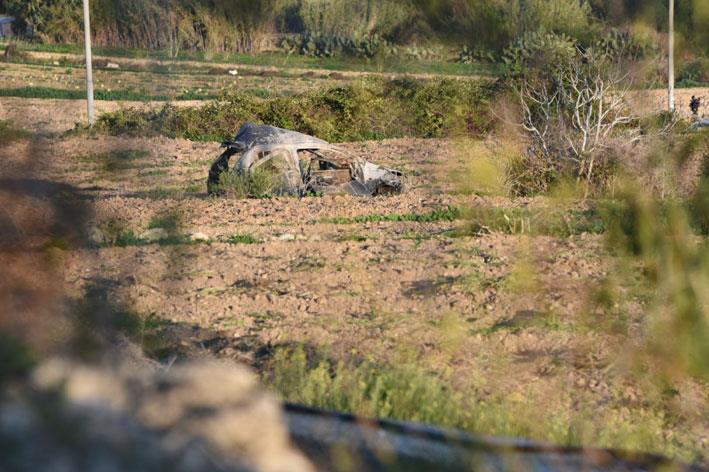
In 2017, you said you trusted Joseph Muscat and would vote for him. Have you changed your mind now?
We supported Labour fully aware that Muscat was probably as corrupt as them, if not more. If he allowed this corruption, he was either involved in it or he made himself corrupt by default by doing nothing about it.
We voted PL because during previous Nationalist administrations there was corruption too and it was never prosecuted. So, what position do you take in such a situation? It could have been the wrong decision, but it is how we felt then. We think differently nowadays, because we tolerate corruption less. I will not tolerate having cases of corruption in the PL that are not investigated. That was a mistake we made and one which we will not make again.
So you wouldn’t vote for Joseph Muscat again.
No, obviously not. But I do want to see the PL become a clean party. I’m not giving up on this. I want to see the party change and remove those who became a part of it to gain from corruption.
We have people like Robert Musumeci, who joined the party under Muscat – he wrote a planning policy from which he personally gained, financially. This is madness. Before we used to tolerate such things, but today we cannot do that anymore.
Earlier this year, when Robert Abela won the Labour leadership election, you said you were resigning a role you held in the party. Furthermore, you said you had tried to bring change but failed, and that bringing back the left to the party was now more difficult. What exactly were the changes you wanted to bring?
We suffered a great blow. Those of us who supported Fearne had a vision of fighting corruption and bringing about economic development and social justice. We lost that battle and we have to move on.
Robert Abela is the Prime Minister and party leader and what we have to do now is pressure him to bring these changes about. I am making pressure for the PM to make the right decisions and I will continue doing so. I do this because I love the party and my country.
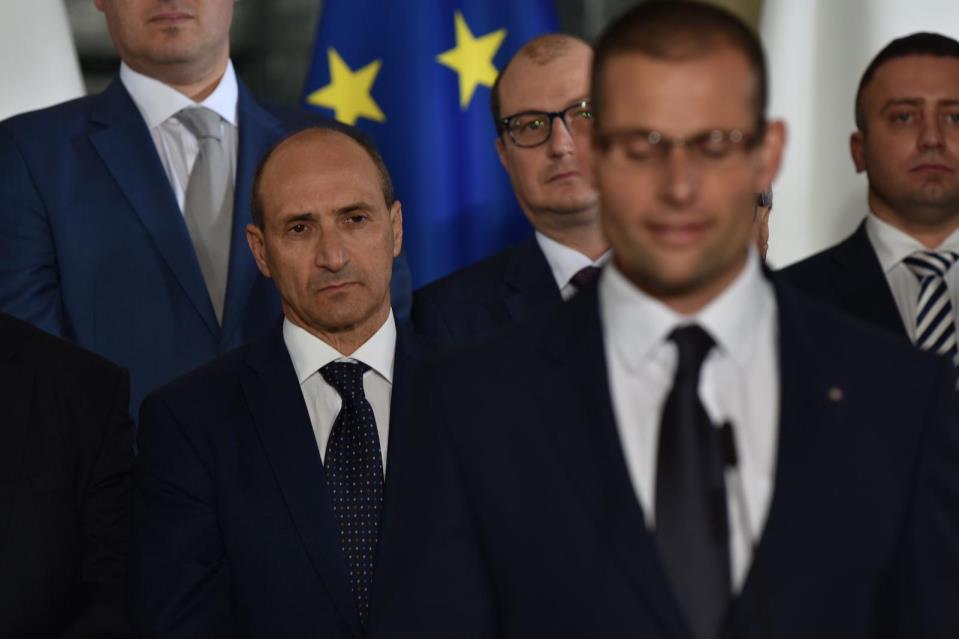
You had criticised Abela quite harshly. You said he came from a morally corrupt dynasty and that he became a millionaire from consultancies given to him by nationalist administrations. To be fair, this was a year ago. Do you still feel the same way about him?
I cannot keep fighting with Robert Abela. We lost that fight. He won and we have to accept the democratic result. I am not saying that I was wrong before, but it does not make sense to keep fighting the same fight.
What I’m doing now is putting pressure on him to make the right decisions. I hope that more people speak up, so that our leaders make the right decisions for the country.
One of your latest posts is clearly referring to Rosianne Cutajar and the Mdina property scandal. Should she resign or be sacked?
This is obvious. It’s just crazy. How can a Member of Parliament use her position to meet with a big businessman – at a time when we already knew he was the owner of 17 Black. This is incredible. This is wrong on so many levels – using your position as a leverage to deal with big business. And with who! With someone accused of big corruption. How can we accept such things? God forbid that we do. People should go into politics to serve the people, to pass laws, not to be part of this mess.

A few weeks back you called for the deportation of the Imam over comments he made with regard to the killing of a French teacher. Don’t you think that such a declaration could have fanned racist sentiment, which is already very much present in this country?
Let me make it clear. Yes, I could have made a better argument. Maybe I was a bit too impulsive.
But there was someone who wrote a blog and said I was being racist and Islamophobic. This is a stupid accusation because one of my works on the history of Malta criticised the authorities and certain established historians for trying to cover up the Islamic period for racist reasons. So those people accusing me of such things really have no idea.
Worse still, the person who accused me of being racist formed part of the only government in Maltese history that forcefully deported migrants. Back then, we used to get beaten up in the street while protesting against fascism and racism. This is all on record. The hypocrisy of it all!
Once again, I could have chosen my words differently, but it is stupid to accuse me of being racist, given my track record.
A few years back, you were at the forefront of the fight against censorship. Have we made any advances in this field? What about censorship in everyday life, by the people?
In legal terms, we made great strides forward. The legal regime on freedom of expression, freedom of the press and artistic liberty is among the best in Europe. Apart from removing criminal libel, libel damages in Malta are now among the lowest in the world. From a legal perspective we made stratospheric advances.
But a change in culture takes more time. I’m going to repeat myself here: Daphne’s murder was a catalyst for more journalists to investigate stories they would have previously thought to be too dangerous to pursue. Everyone fears retaliation, but the murder has helped people be less afraid to do their work.
The murder was meant to silence journalists, but it had the exact opposite effect. Instead of feeling scared, people became angrier and more willing to speak up.
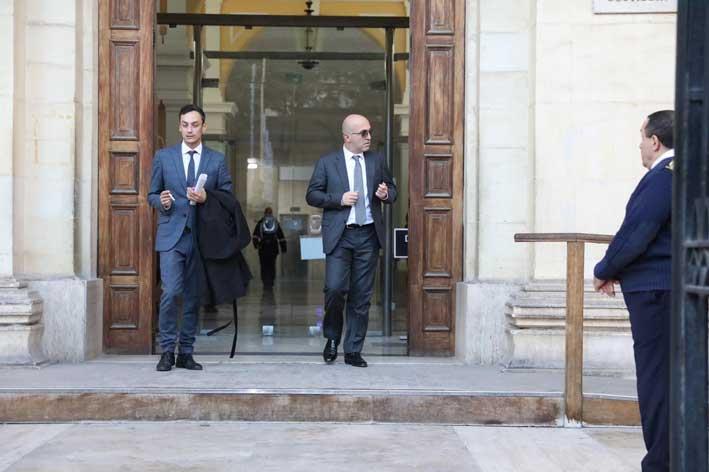
Last week there was this controversy where you published correspondence you had with one of Yorgen Fenech’s lawyers. The government initially asked you to resign but you seem to have sorted that out. You’re staying, so what are your plans for the coming months?
For a start, I believe that the Minister was deceived. I have a lot of friends in government, but I have many enemies too. Those who tried to get me fired did not give the Minister the whole context. But let’s look ahead. My aims at the book council remain the same – to emancipate the book industry. We can do this by increasing its sources of revenue.
If we have a strong book industry, we will have more people publishing books and more people reading them. The country’s intellectual and educational development will be strengthened. That is what I want to achieve. It may sound overly ambitious, but as a historian I know that such changes can happen. The book industry is the best tool to achieve this aim.
I appeal for more people to go into publishing, both in the media and the book sectors. We need more youths to take the initiative and venture into this sector. This is not an easy industry to work in, but it gives back great satisfaction.
Interview photos and video: Giuseppe Attard